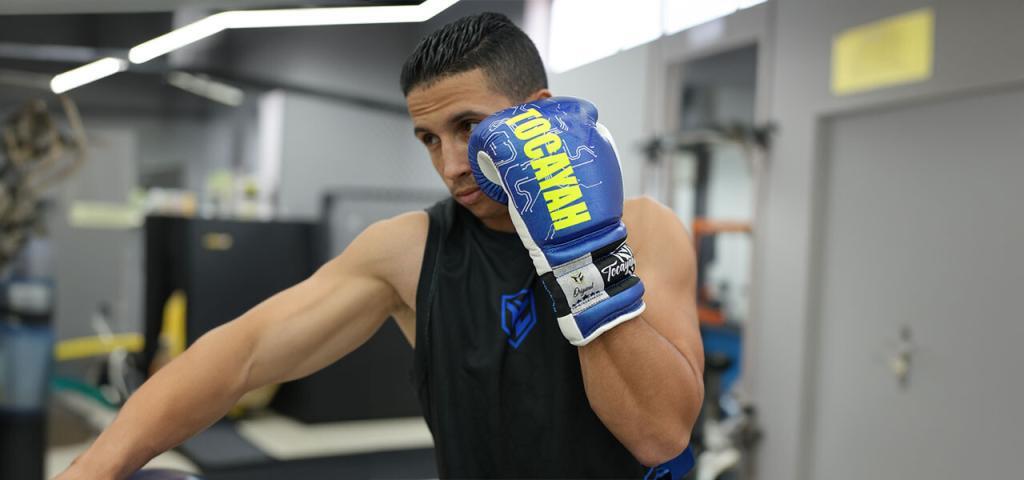Amateur boxing is a dynamic and demanding sport that requires both physical and mental agility. While aspiring boxers often focus on developing their offensive skills, they may overlook critical aspects that can make or break their performance. Recognizing and correcting common mistakes is essential for improving skills and effectiveness in the ring. In this article, we will discuss the top 10 amateur boxing mistakes and provide practical tips to help you avoid them.
Footwork is the foundation of effective boxing. It ensures balance, mobility, and the ability to both attack and defend efficiently. Poor footwork can leave you vulnerable to punches and hinder your ability to deliver powerful strikes.

A strong defensive strategy is crucial to avoid unnecessary damage and prolong your boxing career. Defense is just as important as offense in the ring.
Physical fitness directly impacts your performance, endurance, and ability to recover between rounds. Inadequate conditioning can lead to fatigue and poor performance.
Overcommitting to punches, such as reaching too far or leaning too far forward, can throw you off balance and make you vulnerable to counterattacks.
Proper punching technique is essential for delivering powerful and effective strikes while minimizing the risk of injury.
The jab is a fundamental punch that controls distance, sets up combinations, and disrupts your opponent’s rhythm.
Boxing requires intense concentration and mental sharpness. Losing focus can lead to mistakes and missed opportunities.

Sparring is a critical component of training that allows you to apply techniques in a realistic setting.
A well-rounded training routine ensures that you develop all aspects of your boxing skills.
Coaches provide valuable insights, corrections, and strategies that are essential for growth and success in boxing.
By recognizing and addressing these common boxing mistakes, amateur boxers can significantly improve their skills and performance in the ring. Focus on developing a balanced training routine, listening to your coach, and continuously refining your technique to become a more effective and resilient boxer.